
Major automotive manufacturers are making strategic moves to reshape their production capabilities, with significant developments in both North America and Asia. These changes reflect the industry's continued pivot toward electric vehicles and smart manufacturing technologies, marking important shifts in how and where vehicles and components will be produced.

A series of significant incidents across multiple motorsport disciplines has reshaped championship battles and highlighted safety concerns. From MotoGP's dramatic sprint race to WRC's technical failures and DTM's intense competition, the weekend saw several high-profile incidents affecting title contenders and race leaders.
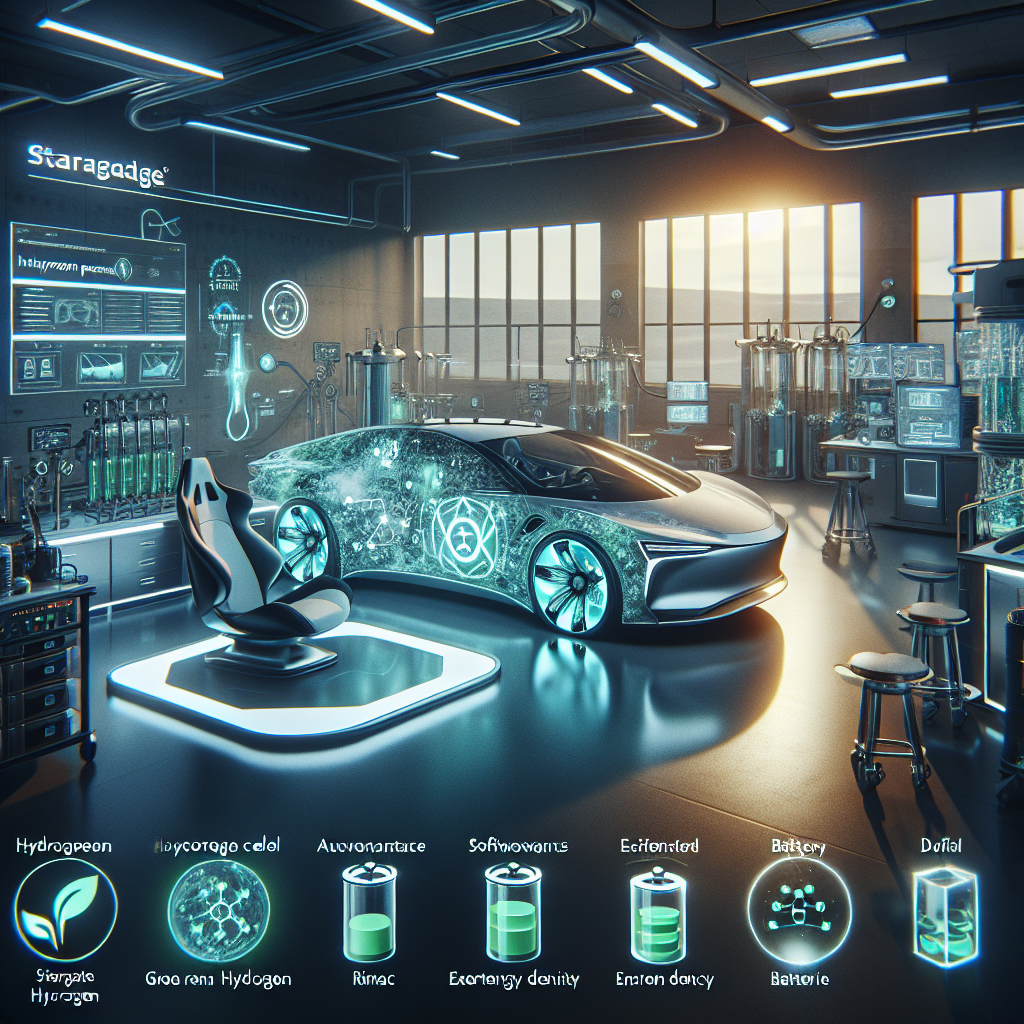
As the automotive industry continues its transition toward sustainable technologies, significant developments in green hydrogen and electric powertrains are reshaping the future of transportation. While European manufacturers maintain their commitment to electrification, emerging players in the hydrogen sector are making notable advances in sustainable energy solutions.
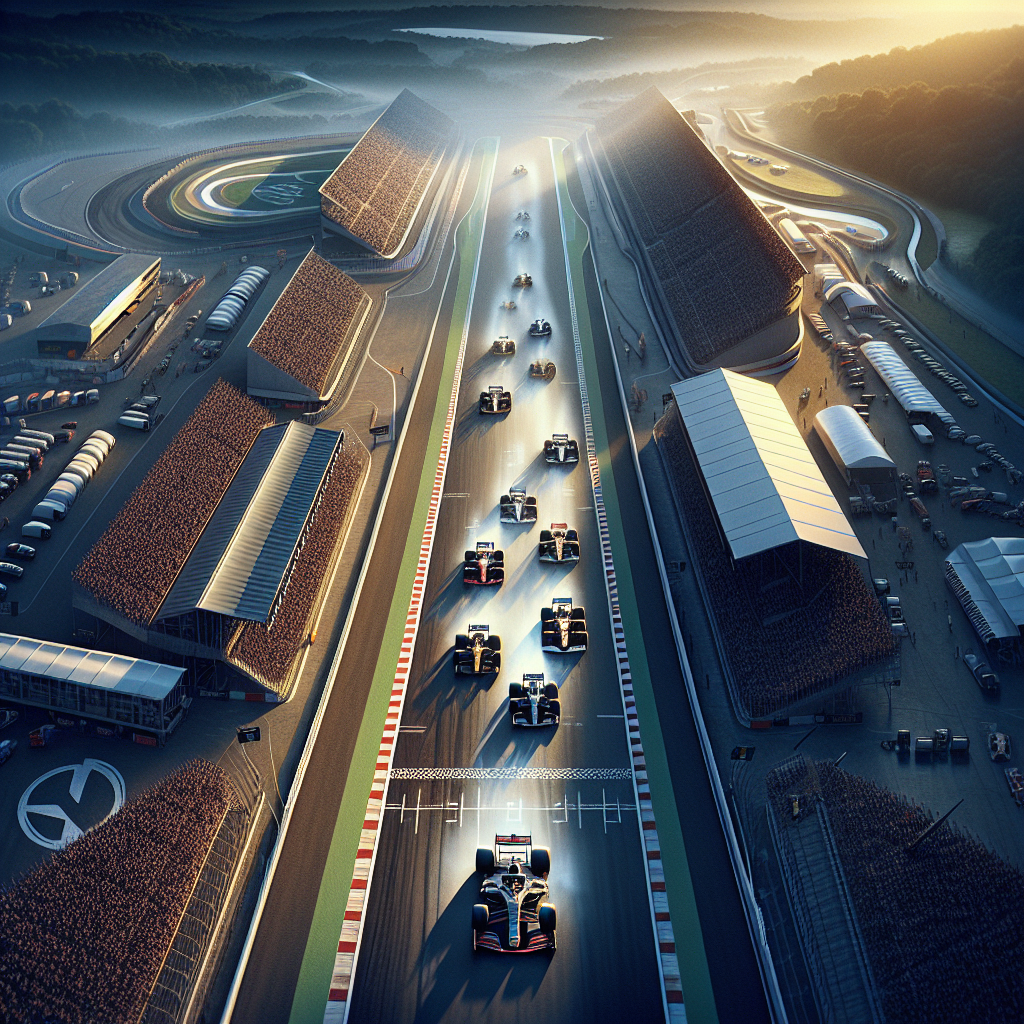
Formula 1's racing calendar is undergoing significant changes as the sport continues to evolve and adapt to growing global demand. In a major development, the iconic Monaco Grand Prix has secured its place on the calendar for another decade, while the popular sprint race format is set for expansion in coming seasons.

Several major automotive manufacturers have announced significant safety recalls affecting hundreds of thousands of vehicles worldwide. The recalls span multiple brands and models, with issues ranging from drive power loss to defective heating systems, highlighting ongoing quality control challenges in the industry. Toyota and its luxury brand Lexus are particularly impacted, along with other manufacturers including Jeep, Ford, and Subaru.
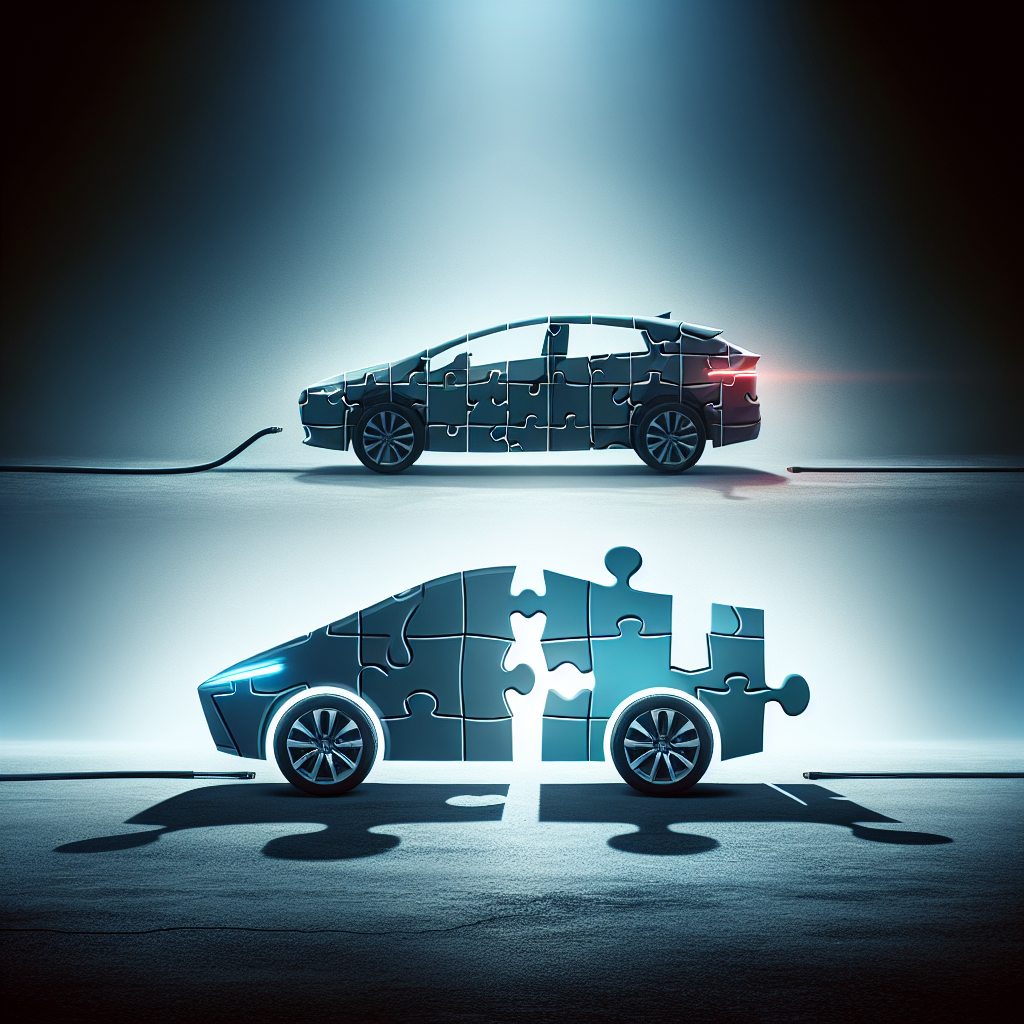
In a significant shift in electrification strategy, Stellantis has announced the cancellation of its fully electric Ram 1500 pickup truck program, marking a major pivot in the automotive industry's approach to electric vehicles. The company will instead focus on a plug-in hybrid version of the pickup, adopting the REV nameplate for this new direction [1].
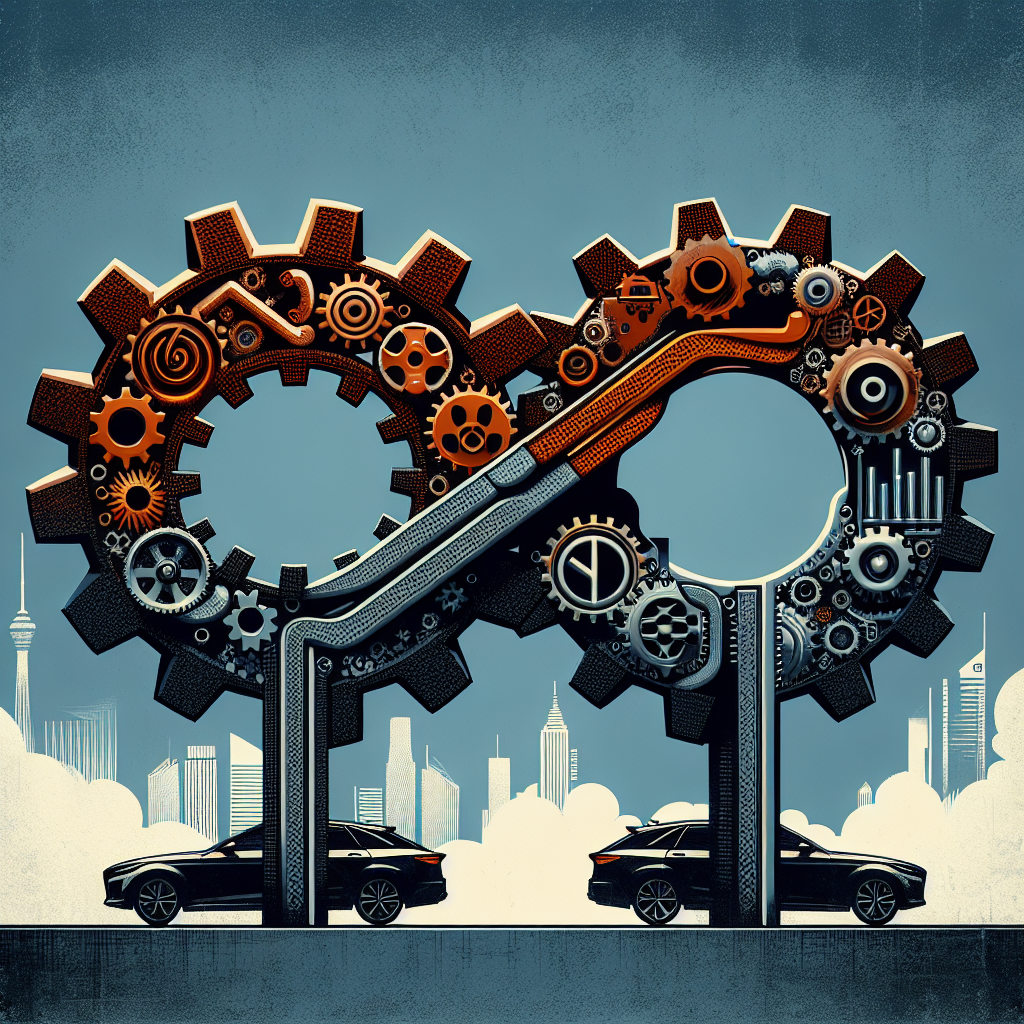
The automotive industry is witnessing a wave of strategic collaborations and business transformations as companies adapt to evolving market demands. From manufacturing partnerships to motorsport alliances, major players are joining forces to strengthen their market positions and accelerate technological advancement.

The world of touring car racing delivered intense battles across multiple championships this weekend, with dramatic finishes and championship implications. From BMW's dominance in DTM to legendary performances at Goodwood and fierce competition in Supercars, the action showcased the best of wheel-to-wheel racing across different continents.
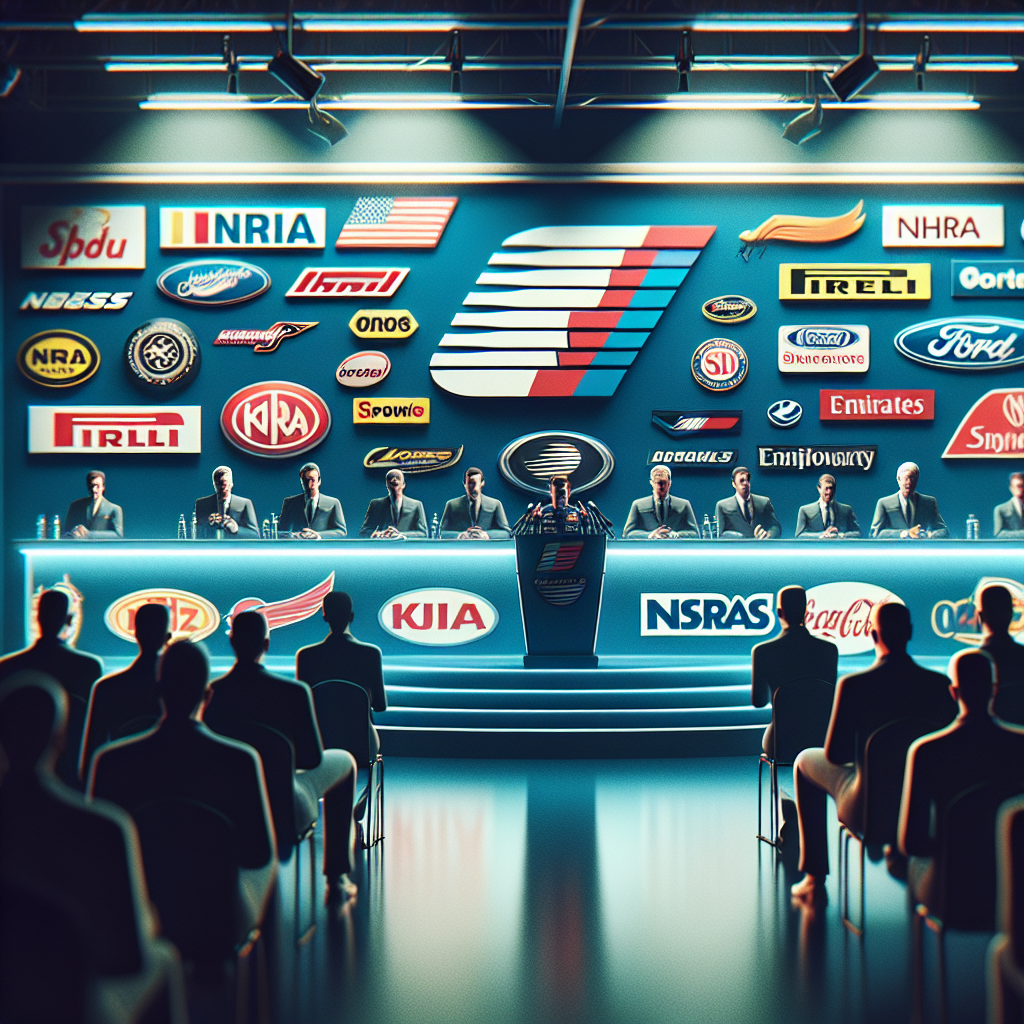
The motorsport world is experiencing significant organizational changes across multiple racing disciplines, with several high-profile teams announcing new partnerships, ownership transitions, and leadership appointments. From NASCAR to Formula 1 and NHRA, these developments are reshaping the competitive landscape of motorsport.
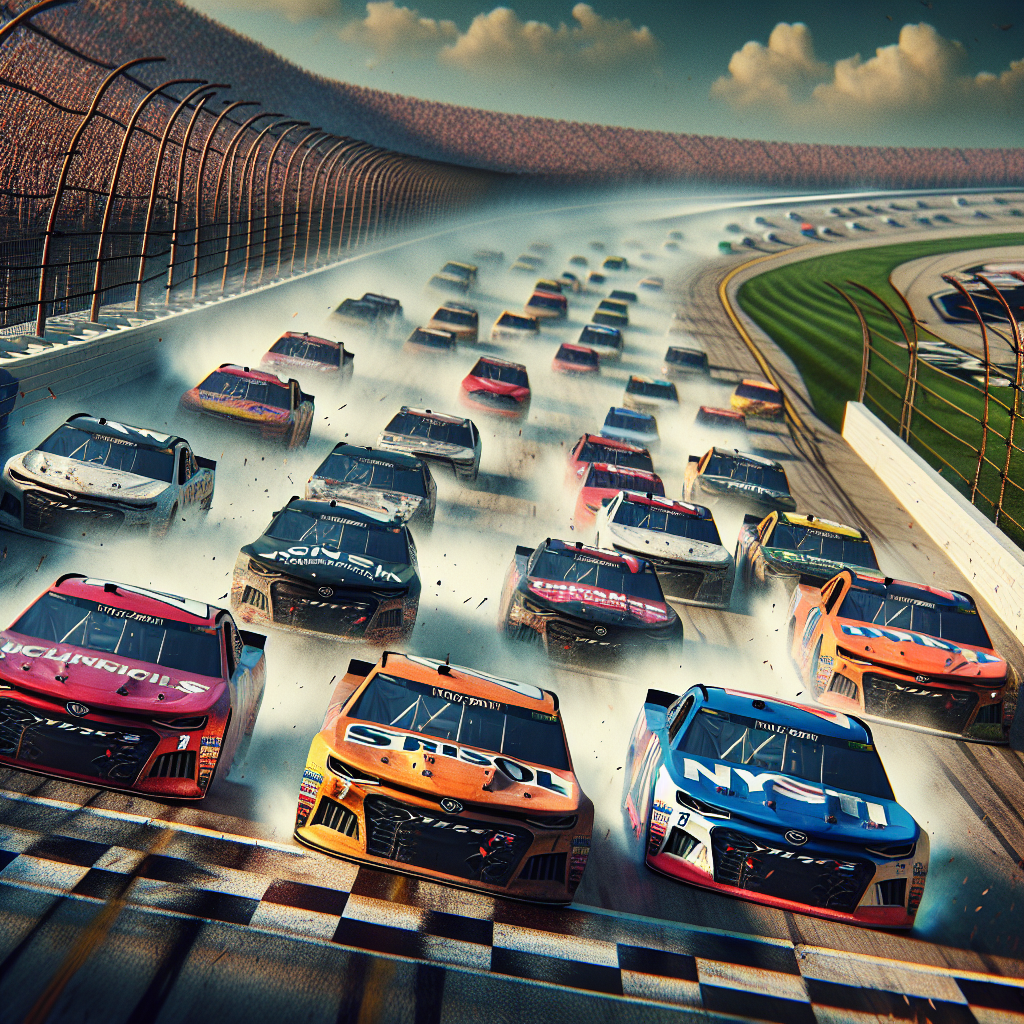
The NASCAR playoffs reached a critical juncture at Bristol Motor Speedway, with dramatic finishes and surprising outcomes across all three national series. A.J. Allmendinger showed he still has what it takes by claiming his first pole position in over a decade [1], while Layne Riggs secured his spot in the Truck Series Round of Eight with a comeback victory [2].